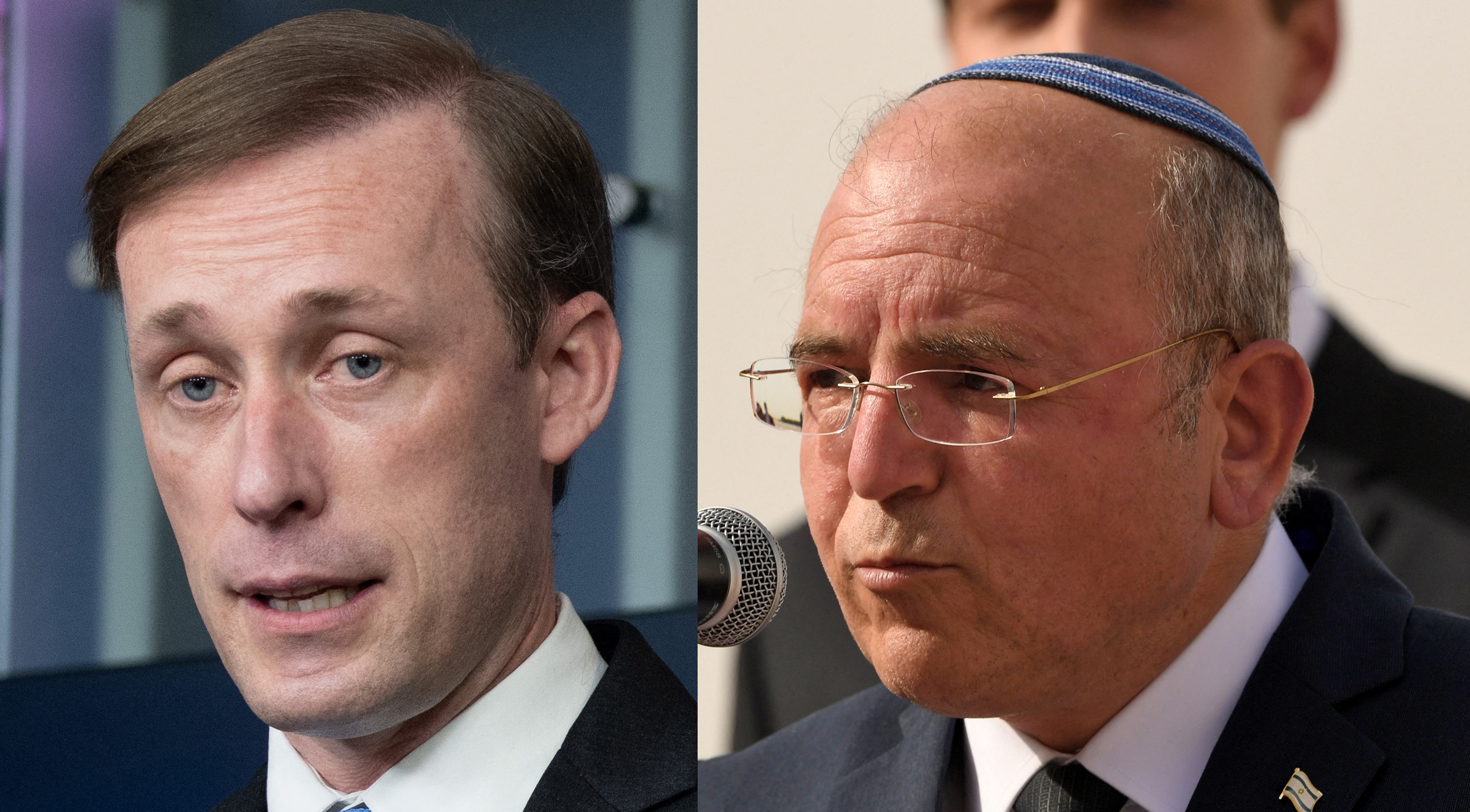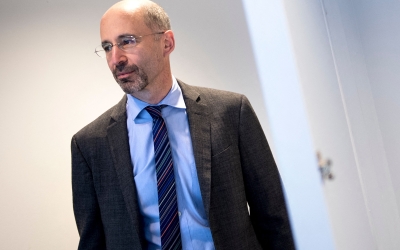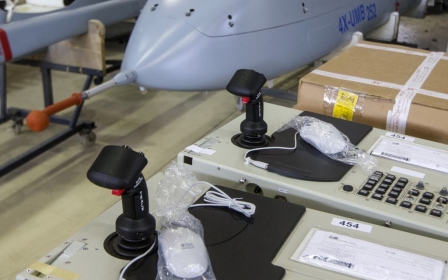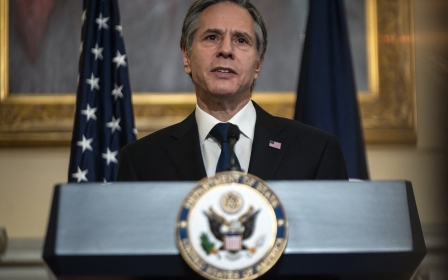US and Israel hold first strategic group meeting on Iran

US and Israeli officials held the first meeting of a new bilateral strategic group on Thursday, during which issues concerning the Middle East, notably Iran, were discussed.
The strategic group plans to collaborate in order to prevent Iran from obtaining a nuclear weapon, an unnamed official told the Times of Israel (TOI) .
The meeting of the US-Israel Strategic Consultative Group was led by US National Security Advisor Jake Sullivan and his Israeli counterpart, Meir Ben Shabbat.
"During the discussion, the two sides shared perspectives on regional security issues of mutual interest and concern, including Iran, and expressed their common determination to confront the challenges and threats facing the region," National Security Council spokesperson Emily Horne said in a statement.
"The National Security Advisors agreed on the importance of strategic interagency consultations and pledged to continue to these engagements.
"This meeting is part of the broader ongoing dialogue between the United States and Israel on the full range of issues of importance to the bilateral relationship."
Sullivan and Ben Shabbat have spoken to each other twice since US President Joe Biden came into office in January. In his first call, Sullivan vowed that Washington would "closely consult with Israel on all matters of regional security".
Seeking to avoid public spat
A similar working group was established in the early days of the Barack Obama administration, and had been used as a platform to air disagreements over the 2015 Iran nuclear deal, known as the Joint Comprehensive Plan Of Action (JCPOA).
Israeli Prime Minister Benjamin Netanyahu vehemently opposed the deal, and even made a speech to US Congress detailing his opposition, leading to a cooling of the relationship between the Israeli premier and the US president.
Obama saw his Israeli counterpart's efforts as an attempt not only to derail the nuclear deal, but also to undermine his authority over America's foreign policy.
Seeking to avoid public spats this time round, Washington offered to re-establish the working group, and Israel agreed after Netanyahu deliberated with other senior officials, the TOI reported the unnamed official as saying.
Ahead of Thursday's meeting, Biden's Iran envoy Rob Malley told Axios that the US and Israel both intended to avoid the same confrontation in regards to Iran that took place during the Obama years.
"We don't always agree, but the talks are extremely open and positive. While we may have different interpretations and views as to what happened in 2015–2016, neither of us wishes to repeat it," Malley said in an interview released on Wednesday.
Biden has sought to return to the agreement, which offered sanctions relief to Iran in exchange for the country scaling back its nuclear programme, after former President Donald Trump left it in 2018 and imposed crippling sanctions on Tehran.
Still, negotiations have been stalled as Iran says Biden must lift sanctions before Tehran will return to compliance.
US Secretary of State Antony Blinken on Wednesday ruled out offering concessions to the Iranian government to secure nuclear talks.
Middle East Eye propose une couverture et une analyse indépendantes et incomparables du Moyen-Orient, de l’Afrique du Nord et d’autres régions du monde. Pour en savoir plus sur la reprise de ce contenu et les frais qui s’appliquent, veuillez remplir ce formulaire [en anglais]. Pour en savoir plus sur MEE, cliquez ici [en anglais].





